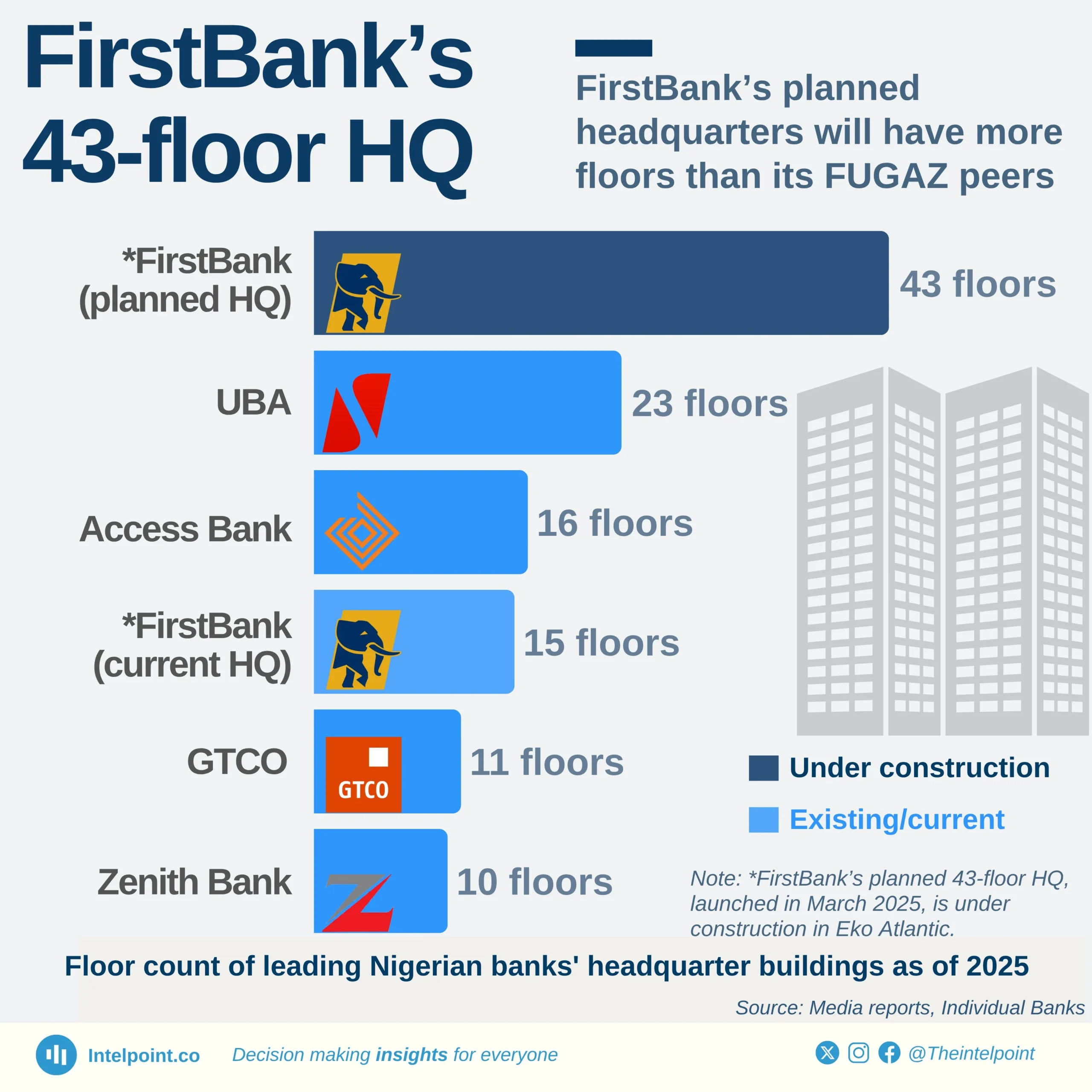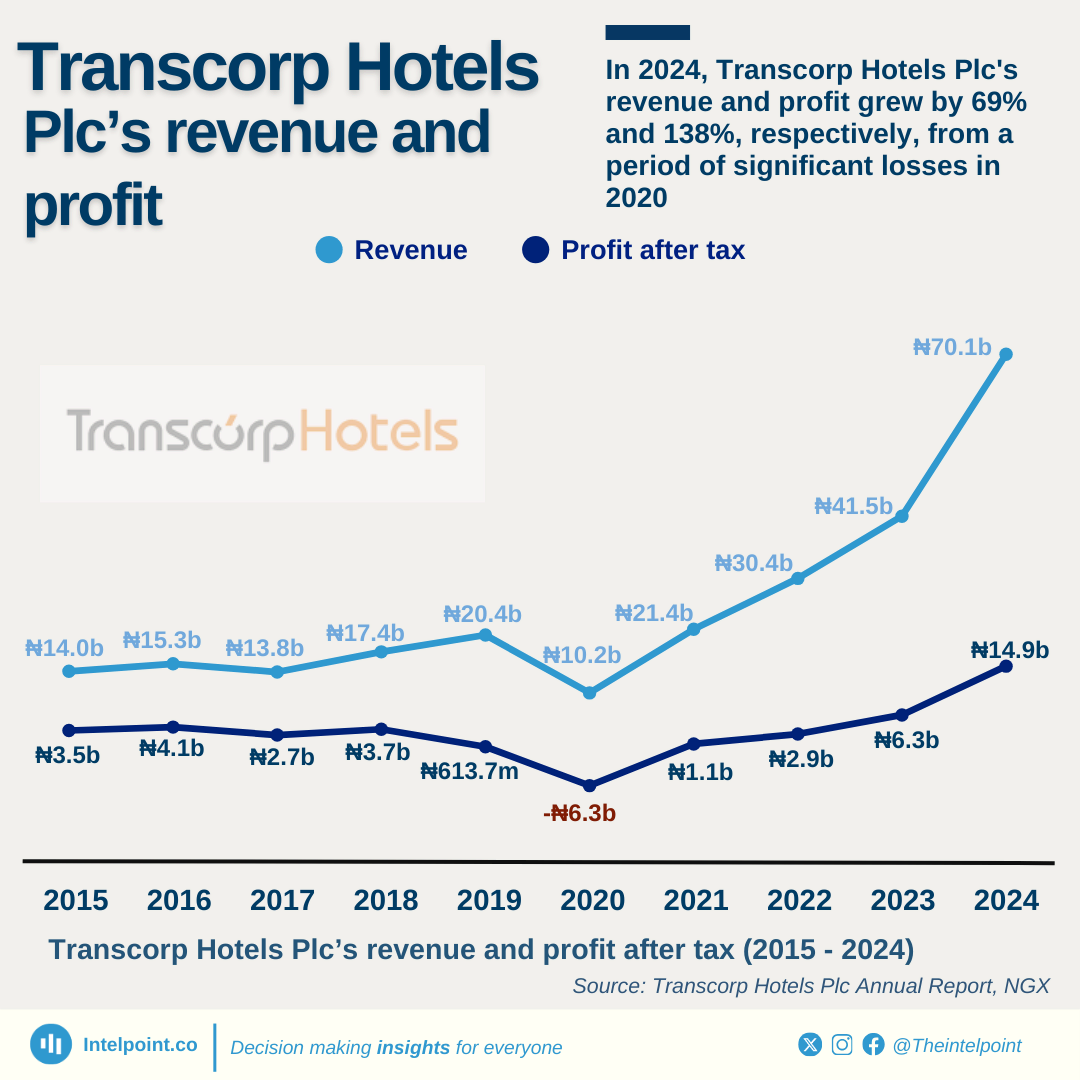Nigeria is undergoing a shift in how its population is distributed, with urban areas absorbing more people than ever before. In 1950, just 9% of Nigerians lived in cities, but by 2020, that figure had increased to 52%, overtaking the rural population for the first time. It is projected that by 2050, 7 out of every 10 Nigerians will likely be urban dwellers. This transition marks one of the most significant demographic changes in the country’s history, with major implications for infrastructure, housing, jobs, and public services.



